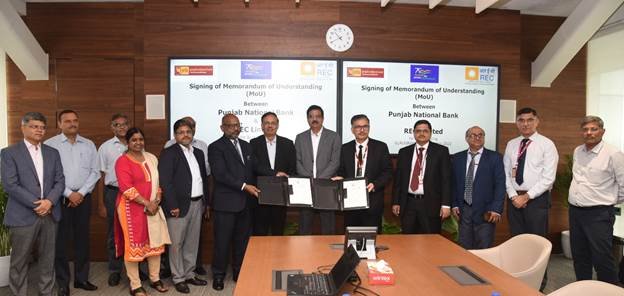A Letter from Dar Es Salaam
Trade between India and Africa has a long and distinguished history. It goes back thousands of years to the days when Indian traders, using the seasonal monsoon winds, sailed to the East coast of Africa in search of mangrove poles, elephant tusks, and gold and gemstones that made their way up from what is now Zimbabwe.
India has an easy going relationship with resource-rich East Africa, and is a major source of medical supplies and inexpensive products and materials, writes Saurabh Kumar, Managing Partner of SK Attorneys.
An increasing number of Indian businesses have done well in the region, especially led by Airtel Group, Hero Honda, Tata Group, Mahindra Group and State owned Oil and Natural Gas Corporation Limited (ONGC) are some of the leading India companies actively involved in East Africa. Africa is emerging hub for resources with leading world powers eyeing the continent for its abundant oil and natural resources. India has two reasons to take an interest in Africa – it’s deeply concerned about China’s forays into the continent’s strategic and economic space, and it’s also mindful that it requires the support of its 54 nations if it is to realize its ambitions to become a permanent member of the U.N. Security Council. India is a latecomer in Africa, but as a demonstration of its pro-active engagement with the continent, the government announced mid-January 2015 that its trade target with the continent has now been revised upwards to US$100 billion by this year (2015), up from the previous target of US$70 billion.
India’s Trade with the African Region notched US$38.96Billion in the year 2009-10(DGCI&S provisional figures) constituting 8.37% share in India’s total trade. Trade with the region has grown at a CAGR of 18.10% from US$ 4.48 Billion in 1996-97.
India is Africa’s fourth-largest trading partner behind the EU, China and the US, and a significant investor across the continent. Bilateral trade hit US$57 billion in 2011, and is targeted to reach US$100 billion by 2015. At present, India accounts for 5.8% of Africa’s trade. While still small compared with Africa’s traditional partners (Europe’s trade with Africa exceeded US$300 billion in 2011) the pace of growth in Africa-India trade and investment over the past decade is rivaled only by China-Africa trade. India’s investments in Africa have largely been driven by state-supported private sector companies. Cumulative investment exceeds US$35 billion (compared with more than US$70 billion from China), primarily in agriculture, oil, and telecommunications. Given the sectors India is investing in, there is significant potential development impact for African countries. The majority of the African population is involved in agriculture; new oil finds could drive economic growth for several African countries; and Africa has the world’s second-fastest-growing mobile telephone market.
It is quite common for East African nationals to travel to India for medical treatment and higher education including short professional legal and management courses more particularly in Pune and Bangalore.
Africa, known as a virgin continent, remains an attractive destination for Indian investments. The region has abundance oil and gas resources and booming gross domestic product, averaging growth at 6.57 per cent on annual basis.
The Chinese President Xi Jinping March 2013 visit emphasized Beijing’s growing presence and influence in African continent. Then the July 2013 visit by US President Barrack Obama further showed the vested interest of biggest economic power in East Africa on world map underscore the importance of the regional economies to the world.
However, there are some challenges as well in doing business in East Africa. Indian investors as well as others feel that East Africa, led by Tanzania, needs to restructure its laws and regulations to support foreign investments.
Most of Indian investment into Africa is through Dubai and Mauritius, side stepping some of the regulatory limits in their home turfs and trying to benefit from favourable African treaties with other nations.
Indian government should take initiatives to support Indian investors on government-to-government level. The Canadian and Chinese governments have some G-to-G reach with Tanzania and other East African nations. This helps the Canadians and Chinese businesses to manage through the legally inefficient Africa regimes and systems and safeguards their investments in region.
But overall understanding is that East Africa would provide Indian investors bigger investment opportunities and become major markets for Indian products and services.



